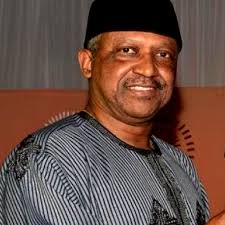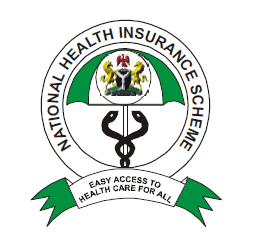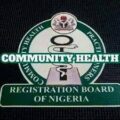
Ehanire studied Medicine at the Ludwig Maximilian University of Munich in Germany, qualifying as a Surgeon. He went on to the Teaching Hospital of the University of Duisburg and Essen and to the BG Accident Hospital in Duisburg, Germany for his post-graduate education. In 1976, he attended the Royal College of Surgeons in Ireland where he obtained a postgraduate Diploma in Anaesthetics. He got his Board Certification in both General Surgery and Orthopaedic Trauma Surgery at the Medical Board of North Rhine Westphalia in Dusseldorf, Germany. In 1984, he became a Fellow of the West African College of Surgeons.
Dr. Osagie Ehanire worked in Germany as a Resident Anesthesiologist, Resident Vascular Surgeon, and Resident General Surgeon in Thoracic Surgery at various hospitals. He also served as Clinical Instructor, Fracture Internal Fixation Course at BG Accident Hospital in Duisburg, Germany. On his return to Nigeria in 1982, he worked at the University of Benin Teaching Hospital as Senior Registrar in the Department of Surgery (Orthopaedic Surgery), a position he held until 1984. Between 1985 and 1990, he joined the Shell Petroleum Development Company Hospital as a Divisional Consultant Surgeon. He also served at various times on the Medical Review Board of Edo State Hospital Management Board and remains a Trustee of TY Danjuma Foundation.
Dr Ehanire is not new to leadership in the Nigerian health sector as he served as Nigeria’s Minister of State for Health between 2015–2019 where he forged a close working relationship with Professor Isaac Adewole, the former Minister of Health. The Minister of Health and Minister of State for Health were able to forge a collaborative working relationship during their just-concluded four-year tenure. Nigeria’s Ministry of Health has been described as one of the most complex, with well over 100 mini-parastatals, given that every tertiary health institution has its own board and management. Therefore, the opportunity of having a Minister who already understands the system, the challenges and bottlenecks is a major advantage for Dr. Ehanire’s tenure.
Overview Of The Federal Ministry of Health In Nigeria
The Federal Ministry of Health is one of the Federal Ministries of Nigeria concerned with the formulation and implementation of policies related to health. It is headed by two Ministers appointed by the President, assisted by a Permanent Secretary, who is a career civil servant. The Ministry has several departments specializing in different aspects of health care. The Family Health department is concerned with creating awareness on Reproductive, Maternal Neonatal and Child Health, ensuring sound nutrition including infant and young child feeding, and care of the elderly and adolescents. The department of Public Health coordinates the formulation, implementation, and evaluation of public health policies and guidelines. It undertakes health promotion, surveillance, prevention, and control of diseases.
Functions of the Department of Planning Research And Statistics include developing plans and budgets and monitoring their implementation, serving as Secretariat to the National Council on Health, conducting health research in collaboration with other departments and agencies, institutions, and parastatals, conducting operational research and data collection, and performing various coordination functions.
The department of Hospital Services supervises 53 Federal Tertiary Hospitals – Nigeria’s Teaching hospitals, Orthopedic Hospitals Federal Medical Centres and National Eye Centers. The department processes appointments of Chief Medical Directors and Medical Directors, supervise oral health research, develops policies on nursing, coordinates training programmes for nurses, and monitors the midwifery service scheme in collaboration with NPHCDA.
The department of Food and Drugs Services formulates national policies, guidelines, and strategies on food and drugs, and ensures ethical delivery of pharmaceutical services nationwide. The department sponsors the National Institute for Pharmaceutical Research and Development and the National Agency for Food and Drug Administration and Control, and acts as regulator through the Pharmacists Council of Nigeria, the Institute of Chartered Chemists of Nigeria and the Institute of Public Analyst of Nigeria.
The Nigeria Centre for Disease Control is a federal agency under the Ministry. The agency was established in 2011 with the assistance of the US Centers for Disease Control. SEE: Branches of Medicine In Nigeria




